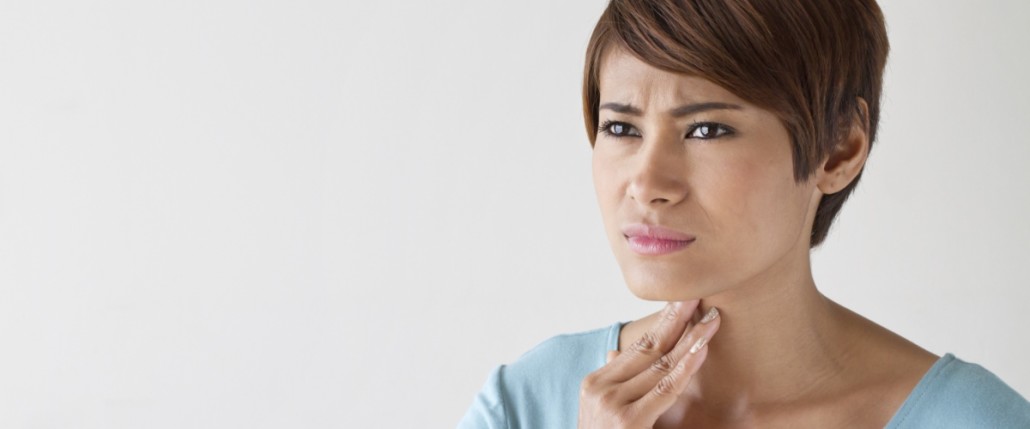Mumps

Mumps is a viral infection that spreads easily from person to person through infected saliva. It affects the parotid glands — one of three pairs of saliva-producing (salivary) glands situated below and in front of your ears. If you're not immune, you can contract mumps by breathing in saliva droplets of an infected person who has just sneezed or coughed. You can also contract mumps from sharing utensils or cups with someone who has mumps.
SYMPTOMS:
Some people infected with the mumps virus have either no signs or symptoms or very mild ones. When signs and symptoms do develop, they usually appear about two to three weeks after exposure to the virus and may include:
- swollen, painful salivary glands on one or both sides of your face;
- fever;
- headache;
- muscle aches;
- weakness and fatigue;
- loss of appetite;
- pain while chewing or swallowing.
The primary — and best known — sign of mumps is swollen salivary glands that cause the cheeks to puff out. In fact, the term "mumps" is an old expression for lumps or bumps within the cheeks. Symptoms can be mild or severe, and generally last 7 to 10 days.
Many people who get infected with the mumps virus will have very mild symptoms or not be sick at all. However, they can still spread the disease to others. So it is important for everyone to be vaccinated against mumps.
TREATMENT/PREVENTION:
There is currently no cure for mumps. Medical treatment focuses only on relieving the symptoms. If you or your child develops the symptom of mumps, particularly swelling of the cheeks or neck, see your healthcare provider immediately. Make sure that you call ahead to ensure that you do not expose others to the disease.
In general, you're considered immune to mumps if you've:
- previously had the infection or if you've been immunized against mumps;
- have blood tests that demonstrate you're immune to measles, mumps and rubella;
- are a man who was born before 1957;
- are a woman who was born before 1957 and you don't plan to have any more children.
Other precautions that can be taken include practicing good hand hygiene, covering your mouth with a tissue or your shirt sleeve when you cough or sneeze, and avoid sharing personal items. Most people who have mumps will be protected (immune) from getting mumps again. However, there is a small percent of people, who could get re-infected with mumps and have a milder illness.


Please provide your question and email address in the fields below.
Your question has been successfully submitted.
CloseThank you.